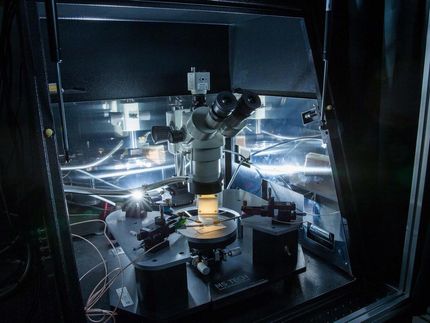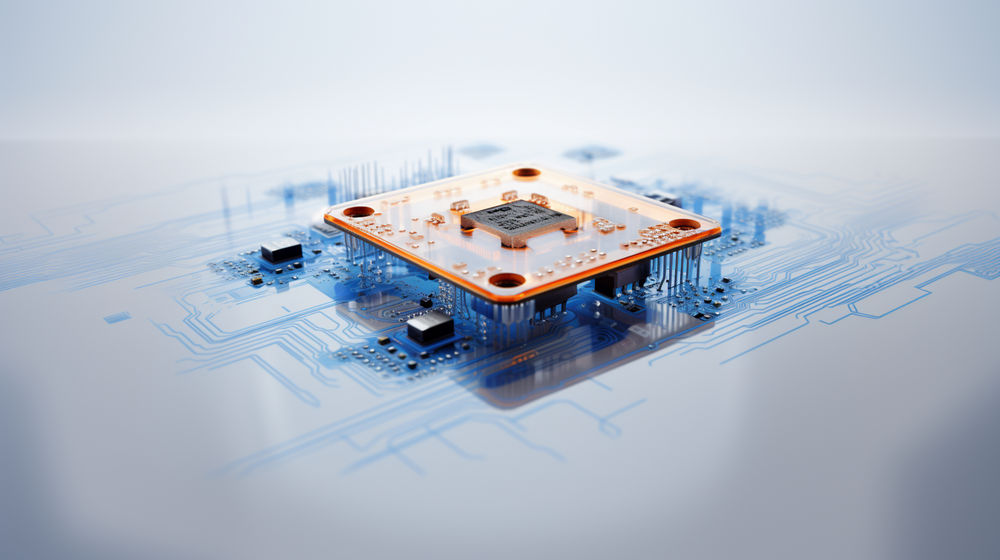Single-molecule graphene switches bring minute electronic devices a step closer
Advertisement
Researchers have discovered how to control molecules attached to graphene, paving the way for tiny biological sensors and devices to hold information.

A molecule on the surface of a graphene sheet
Imperial College of London
Graphene is a material made of a single sheet of carbon atoms in a honeycomb arrangement. Because of its unique electrical conductivity, graphene has the potential to be a base for electronic devices that are only nanometres in size.
In order to tune sheets of graphene to be useful in different situations, other organic molecules are attached to the sheet, and these molecules must interact with the graphene sheet in predictable ways.
For example, if the electric charge of molecules could be controlled, then they could be used as molecular ‘switches’. Switches are important in electronic devices that store information, such as hard drives, where the sequence of ‘on’ or ‘off’ positions of the switch encodes information, in a similar way to the 1s and 0s of digital information.
Researchers have experimented with single molecules on graphene sheets, but it has been difficult to interpret the results and therefore to design devices that take advantage of the interactions between the sheets and molecules.
Now, a team led by Prof Mike Crommie from the University of California, Berkeley and including researchers from Imperial College London have discovered how to control one property – the charge state – of single organic molecules attached to graphene sheets.
Ultra-small switch
The team placed a molecule of tetrafluorotetracyanoquinodimethane (F4-TCNQ) on a graphene sheet and increased the electron density of the graphene using an electric field. Using techniques called scanning tunnelling spectroscopy and atomic force microscopy, they found the graphene donates some of its electrons to the organic F4-TCNQ molecule, changing its charge state in a predictable way.
This insight could allow scientists to design tiny graphene-based electronic devices. Dr Johannes Lischner, from the Department of Materials at Imperial, helped develop some of the theory behind the system. He said: “A molecule with a controllable charge state can act as an ultra-small switch, which is a fundamental building block of electronic devices.
“Such a switch could be used to store information, similarly to flash memory used in USB sticks. Alternatively, in a biological sensor you could theoretically use switchable molecules to help detect the presence of other molecules, such as cancer cells.”
The team are now expanding their method to investigate pairs of molecules and assemblies of small numbers of molecules on graphene sheets, as well as looking at ways to anchor single molecules to the graphene in order to simplify the fabrication of new devices.
Original publication
Sebastian Wickenburg, Jiong Lu, Johannes Lischner, Hsin-Zon Tsai, Arash A. Omrani, Alexander Riss, Christoph Karrasch, Aaron Bradley, Han Sae Jung, Ramin Khajeh, Dillon Wong, Kenji Watanabe, Takashi Taniguchi, Alex Zettl, A.H. Castro Neto, Steven G. Louie & Michael F. Crommie; "Tuning charge and correlation effects for a single molecule on a graphene device"; Nature Comm.; 2016


































































